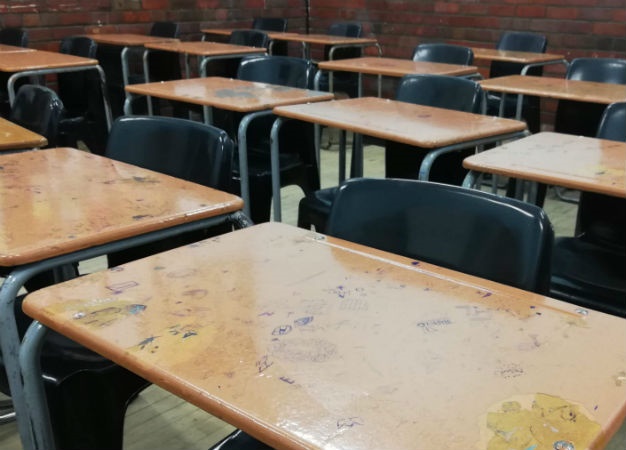As almost 800 000 matriculants get ready for their final examinations, the quality assurance council Umalusi has pleaded with communities to refrain from participating in activities which would disrupt the examinations.
The appeal came from Umalusi CEO Mafu Rakometsi, who briefed the media on Friday on the state of readiness ahead of the examinations.
"I further want to appeal to various communities across the country to refrain from destroying and burning school property in the hope that they will get attention from authorities," Rakometsi said, stressing that communities should not use schools as a bargaining tool for political agendas.
The 2018 National Senior Certificate (NSC) examinations will be written by approximately 629 141 full-time and 167 401 part-time candidates, according to Umalusi, the Council for Quality Assurance in General and Further Education.
The examinations are scheduled to begin on Monday, October 15, kicking off with Computer Application Technology Paper 1, and will end on November 28.
Rakometsi said the council was satisfied that the system was ready to administer the examinations.
12 new subjects
He said public and independent assessment bodies had been at work for the past months to ensure that examinations systems complied with Umalusi's policy and directives.
Rakometsi said 11 657 full-time and 927 part-time candidates were also registered with the Independent Education Board (IEB), while 2 579 candidates were registered with the South African Comprehensive Assessment Institute (Sacai).
"Early this year, Umalusi reviewed and reconceptualised its approach to the quality assurance of assessment with specific reference to focus areas," he said.
The focus areas include, management, registration of candidates, school-based assessment, printing, packaging and distribution of question papers.
"Unlike the old approach, where national examinations were viewed as a once-off event, the new risk management approach, which consists of three phases, views national examinations as a continual process between exam periods," he said.
Rakometsi said the Department of Basic Education had introduced 12 new subjects this year to be assessed during the examinations.
One of the new subjects is South African Sign Language Home Language (SASL HL).
'Umalusi will monitor very closely'
He said the introduction of sign language showed that the constitutional rights of deaf learners were also recognised.
Sizwile School for the Deaf in Gauteng, St Thomas School for the Deaf in the Eastern Cape, Dominican and De-La-Bat schools for the deaf in the Western Cape are among the schools where the SASL HL examinations will take place.
Rakometsi said the minister of education would be leading pledges with candidates to ensure that they honour the rules of the examinations in order to avoid irregularities.
"They will also pledge to themselves that they are not going to compromise themselves and the integrity of the oncoming examinations by committing acts of dishonesty," he said.
Rakometsi said examination centres had been categorised according to risk profiles ranging from high to low risk.
"Monitors will be deployed to all identified high risk centres and Umalusi will monitor very closely," he said.
Umalusi said areas which were identified as high-risk centres had been issued with letters requesting that concerns identified by the council be addressed by the schools before the assessments started.
KEEP UPDATED on the latest news by subscribing to our FREE newsletter.
- FOLLOW News24 on Twitter
